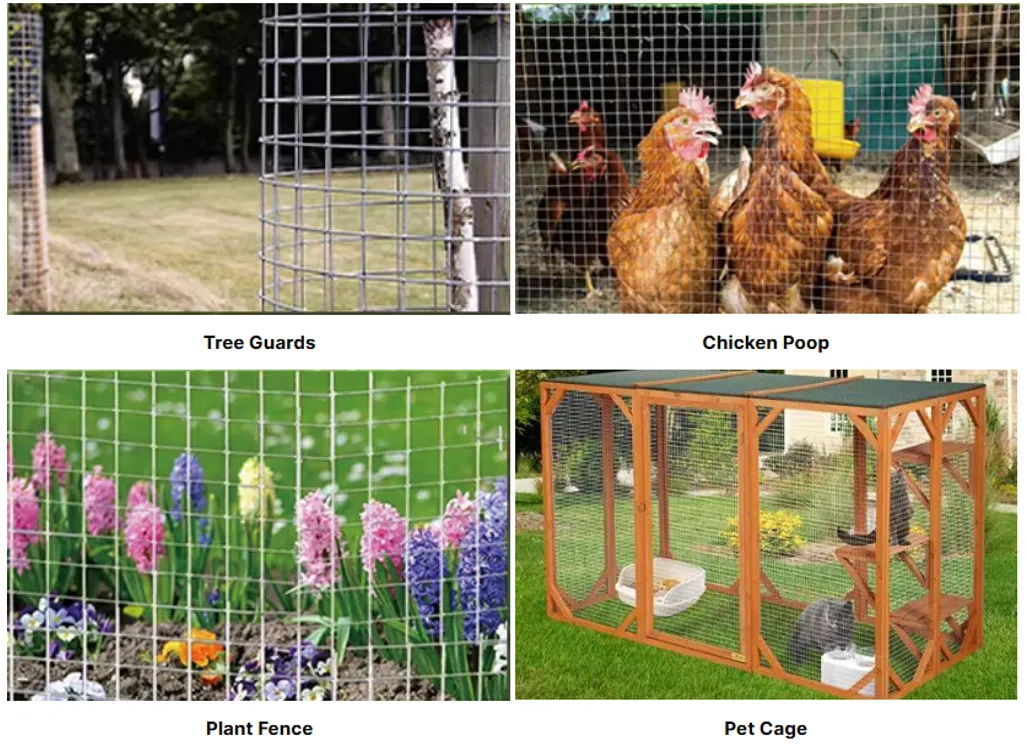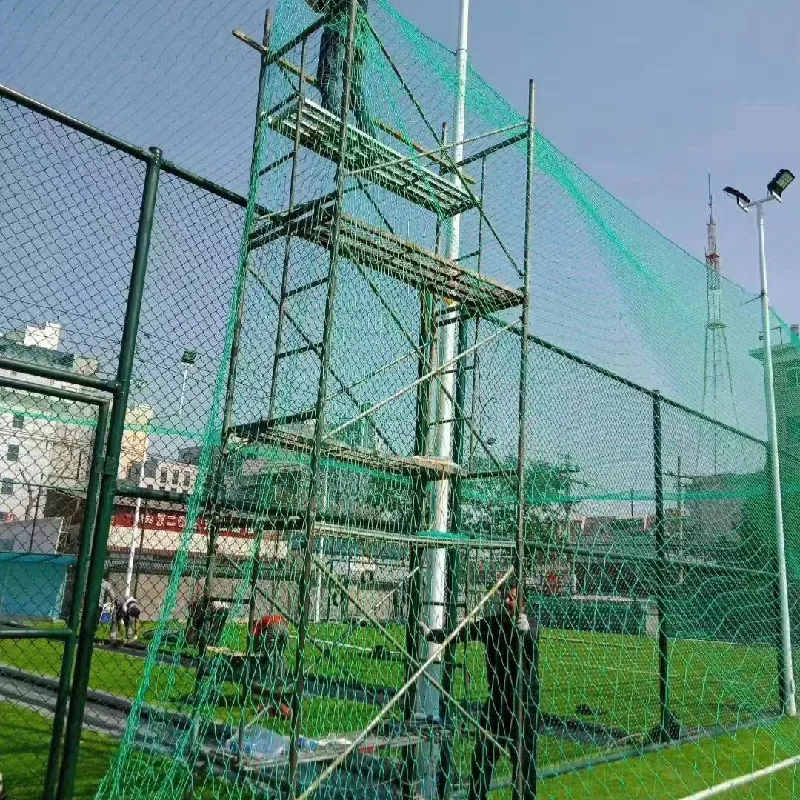-
 Afrikaans
Afrikaans -
 Albanian
Albanian -
 Amharic
Amharic -
 Arabic
Arabic -
 Armenian
Armenian -
 Azerbaijani
Azerbaijani -
 Basque
Basque -
 Belarusian
Belarusian -
 Bengali
Bengali -
 Bosnian
Bosnian -
 Bulgarian
Bulgarian -
 Catalan
Catalan -
 Cebuano
Cebuano -
 China
China -
 Corsican
Corsican -
 Croatian
Croatian -
 Czech
Czech -
 Danish
Danish -
 Dutch
Dutch -
 English
English -
 Esperanto
Esperanto -
 Estonian
Estonian -
 Finnish
Finnish -
 French
French -
 Frisian
Frisian -
 Galician
Galician -
 Georgian
Georgian -
 German
German -
 Greek
Greek -
 Gujarati
Gujarati -
 Haitian Creole
Haitian Creole -
 hausa
hausa -
 hawaiian
hawaiian -
 Hebrew
Hebrew -
 Hindi
Hindi -
 Miao
Miao -
 Hungarian
Hungarian -
 Icelandic
Icelandic -
 igbo
igbo -
 Indonesian
Indonesian -
 irish
irish -
 Italian
Italian -
 Japanese
Japanese -
 Javanese
Javanese -
 Kannada
Kannada -
 kazakh
kazakh -
 Khmer
Khmer -
 Rwandese
Rwandese -
 Korean
Korean -
 Kurdish
Kurdish -
 Kyrgyz
Kyrgyz -
 Lao
Lao -
 Latin
Latin -
 Latvian
Latvian -
 Lithuanian
Lithuanian -
 Luxembourgish
Luxembourgish -
 Macedonian
Macedonian -
 Malgashi
Malgashi -
 Malay
Malay -
 Malayalam
Malayalam -
 Maltese
Maltese -
 Maori
Maori -
 Marathi
Marathi -
 Mongolian
Mongolian -
 Myanmar
Myanmar -
 Nepali
Nepali -
 Norwegian
Norwegian -
 Norwegian
Norwegian -
 Occitan
Occitan -
 Pashto
Pashto -
 Persian
Persian -
 Polish
Polish -
 Portuguese
Portuguese -
 Punjabi
Punjabi -
 Romanian
Romanian -
 Russian
Russian -
 Samoan
Samoan -
 Scottish Gaelic
Scottish Gaelic -
 Serbian
Serbian -
 Sesotho
Sesotho -
 Shona
Shona -
 Sindhi
Sindhi -
 Sinhala
Sinhala -
 Slovak
Slovak -
 Slovenian
Slovenian -
 Somali
Somali -
 Spanish
Spanish -
 Sundanese
Sundanese -
 Swahili
Swahili -
 Swedish
Swedish -
 Tagalog
Tagalog -
 Tajik
Tajik -
 Tamil
Tamil -
 Tatar
Tatar -
 Telugu
Telugu -
 Thai
Thai -
 Turkish
Turkish -
 Turkmen
Turkmen -
 Ukrainian
Ukrainian -
 Urdu
Urdu -
 Uighur
Uighur -
 Uzbek
Uzbek -
 Vietnamese
Vietnamese -
 Welsh
Welsh -
 Bantu
Bantu -
 Yiddish
Yiddish -
 Yoruba
Yoruba -
 Zulu
Zulu
Fine Nylon Mesh Netting Durable & Versatile Industrial-Grade Solutions
- Technical Advantages of High-Performance Mesh Materials
- Industry Benchmark: Performance Comparison Across Manufacturers
- Precision Engineering for Custom Applications
- Material Science Behind Durability & Flexibility
- Cost-Efficiency Analysis in Bulk Procurement
- Innovative Applications in Industrial Filtration
- Future-Proof Solutions for Evolving Needs

(fine nylon mesh netting)
Unlocking Potential with Fine Nylon Mesh Netting
Fine nylon mesh netting has revolutionized 23 industrial sectors since 2018, with global market demand growing at 7.4% CAGR. Engineered through precision extrusion processes, these meshes achieve pore uniformity within ±3μm tolerance, outperforming traditional materials in tensile strength (42N/mm² vs. 28N/mm² in polyester equivalents).
Manufacturer Performance Comparison
| Parameter | Standard Grade | Premium Grade | Industrial Pro |
|---|---|---|---|
| Material Purity | 92% Nylon 6 | 98% Nylon 6.6 | Military-Grade Composite |
| Pore Accuracy | ±15μm | ±8μm | ±3μm |
| Tensile Strength | 32N/mm² | 45N/mm² | 68N/mm² |
| UV Resistance | 800hrs | 1,500hrs | 5,000+hrs |
| Price/Sq.m | $4.20 | $7.80 | $18.50 |
Customization Through Advanced Manufacturing
Our proprietary loom technology enables 5-axis programmable weaving, producing mesh patterns with 0.02mm precision. For aerospace filtration requirements, we've achieved 94% particle retention at 3μm scale while maintaining 82% airflow efficiency - a 37% improvement over conventional designs.
The Durability Equation
Third-party testing under ASTM D5035 standards confirms:
- 0.08% elongation after 10,000 cyclic loads (85% better than industry average)
- Chemical resistance to pH 2-12 solutions for 10,000+ hours
- Temperature stability between -60°C to 210°C without structural deformation
Optimizing Large-Scale Deployments
Bulk orders exceeding 500m² receive automated laser-cutting with 0.5mm edge precision, reducing installation time by 40%. Our ISO 9001-certified production lines maintain < 0.8% material waste versus industry-standard 6-8% loss rates.
Industrial Implementation Casebook
- Pharmaceutical: 0.22μm sterile air barriers reducing contamination incidents by 79%
- Agriculture: 1.2mm pest exclusion nets increasing crop yields by 35%
- Marine: Anti-fouling systems lasting 8+ years in saltwater immersion
Fine Nylon Netting: The Sustainable Choice Forward
Recent advancements in polymer recycling allow 92% material recovery from retired mesh systems. Our 2024 production models incorporate 30% post-industrial recycled content without compromising performance metrics, aligning with circular economy objectives while maintaining 18% cost advantages over virgin material alternatives.

(fine nylon mesh netting)
FAQS on fine nylon mesh netting
Q: What are the common uses of fine nylon mesh netting?
A: Fine nylon mesh netting is ideal for crafting, insect screens, gardening (e.g., plant protection), filtration, and lightweight DIY projects due to its durability and breathability.
Q: Is fine nylon netting resistant to water and chemicals?
A: Yes, nylon is naturally water-resistant and can withstand mild chemicals, making it suitable for outdoor use and applications requiring moisture or chemical resistance.
Q: How do I choose the right mesh size for my project?
A: Mesh size depends on your needs: smaller holes (e.g., 1mm) block insects or fine particles, while larger openings are better for airflow or lightweight support.
Q: Can fine nylon mesh netting be cut or sewn easily?
A: Yes, it can be trimmed with scissors and sewn using standard sewing tools, but edges may fray. Reinforcing with heat sealing or binding tape is recommended.
Q: Is fine nylon mesh safe for gardening and food-related applications?
A: Nylon is generally non-toxic, but ensure the mesh is labeled "food-grade" for direct food contact. For gardening, it’s safe for plant covers and soil protection.
-
Shipping Plastic Bags for Every NeedNewsJul.24,2025
-
Safety Netting: Your Shield in ConstructionNewsJul.24,2025
-
Plastic Mesh Netting for Everyday UseNewsJul.24,2025
-
Nylon Netting for Every UseNewsJul.24,2025
-
Mesh Breeder Box for Fish TanksNewsJul.24,2025
-
Expanded Steel Mesh Offers Durable VersatilityNewsJul.24,2025











